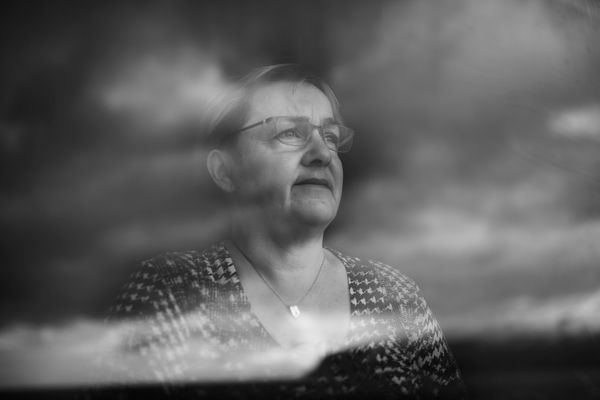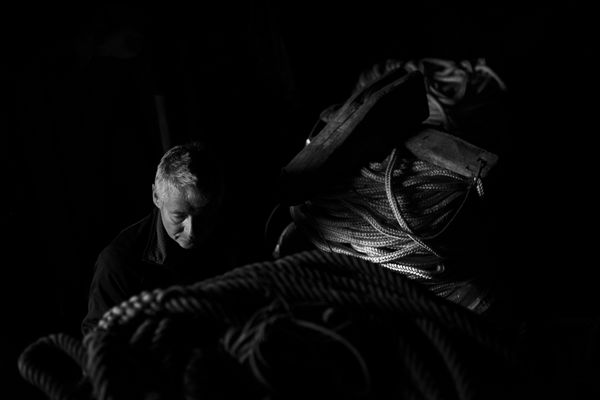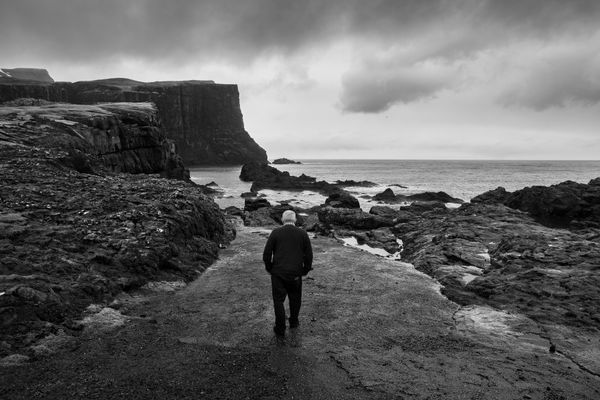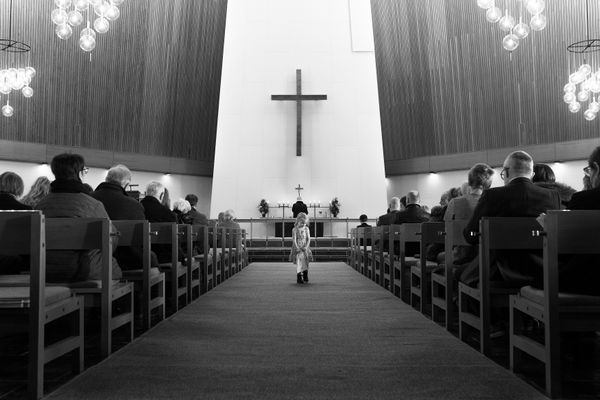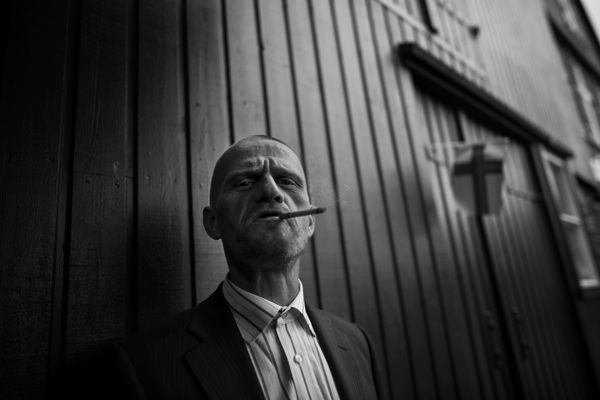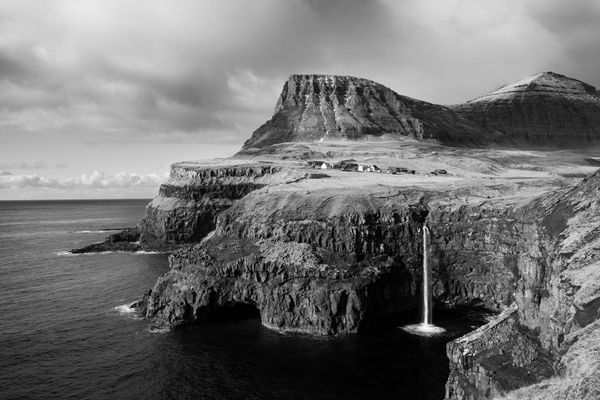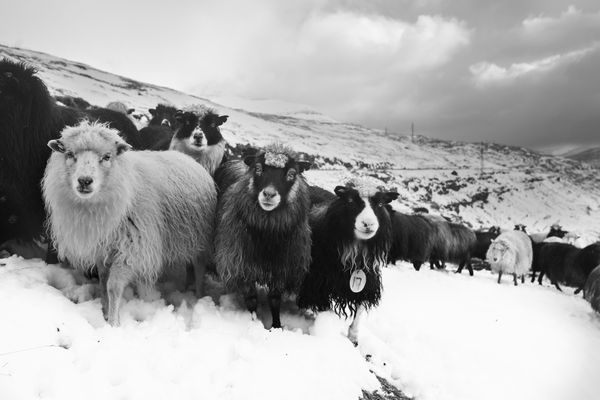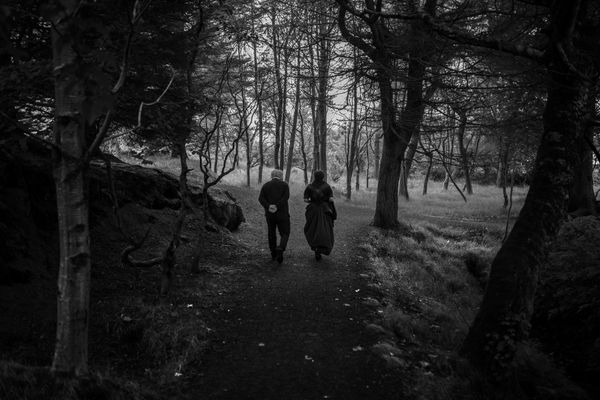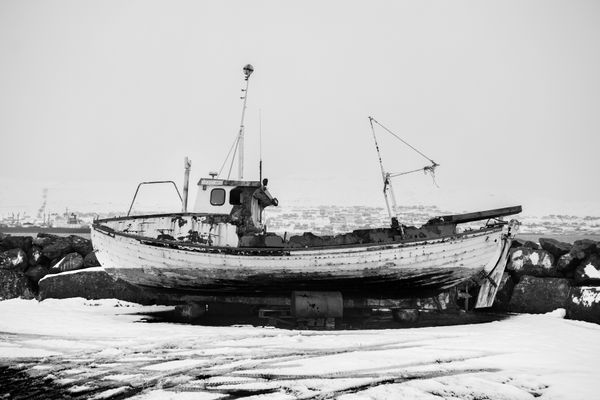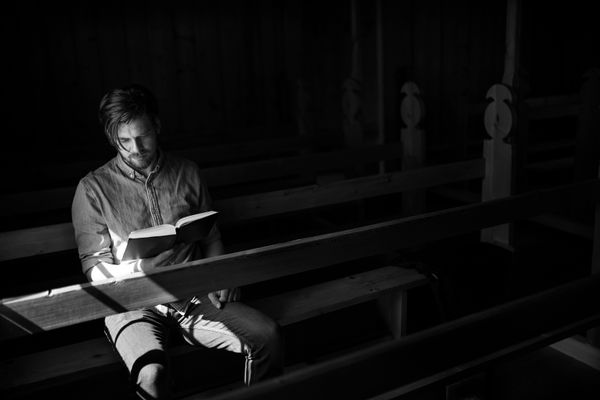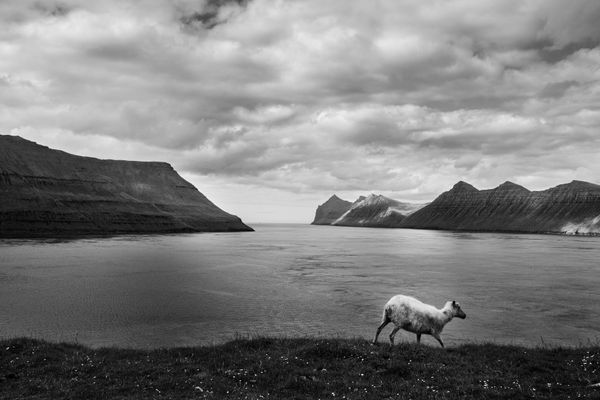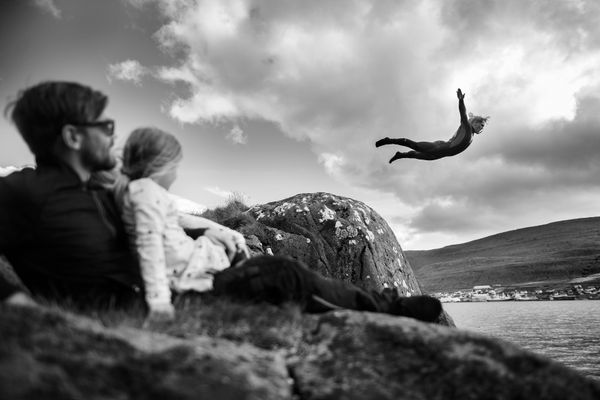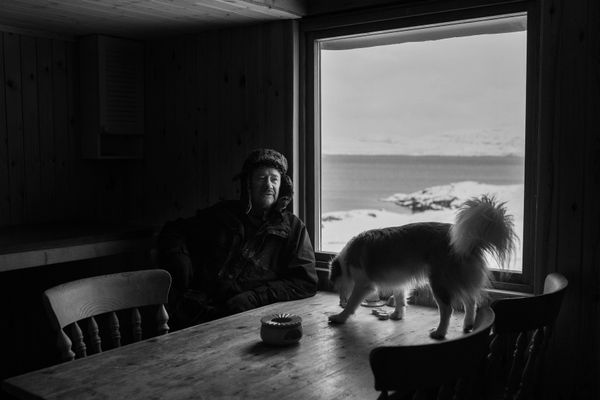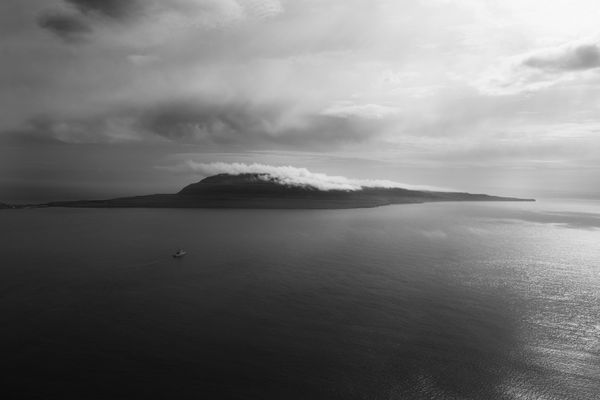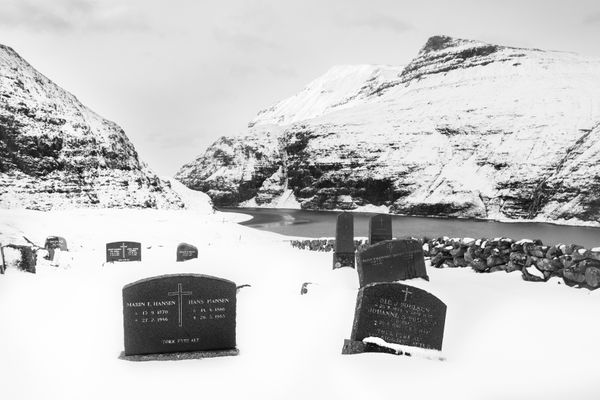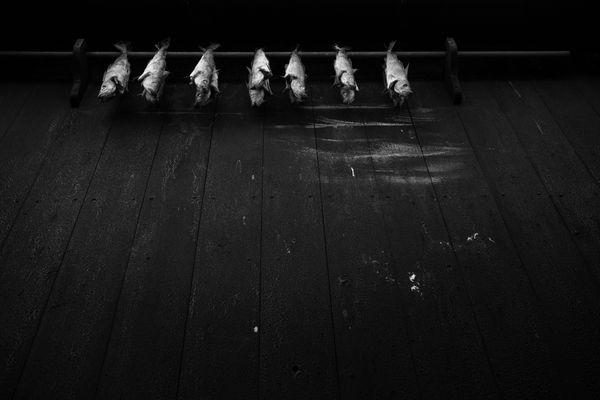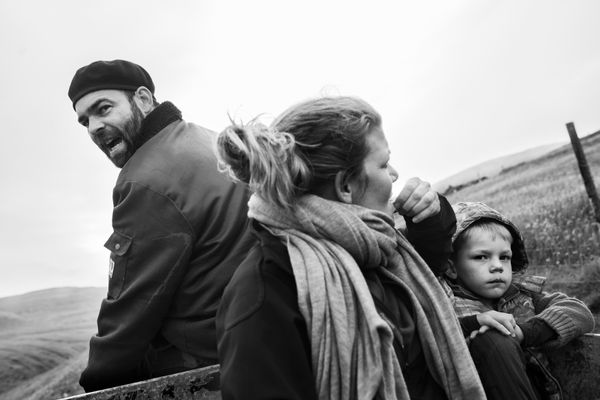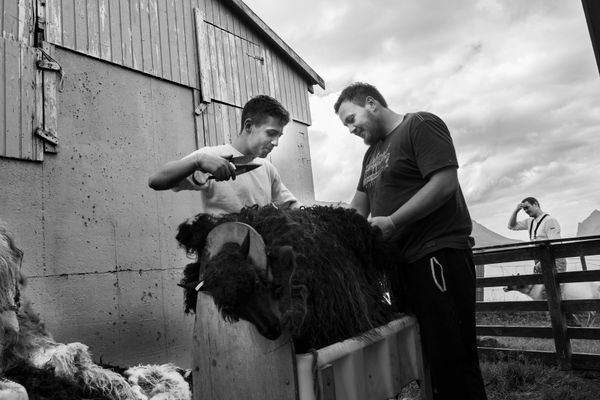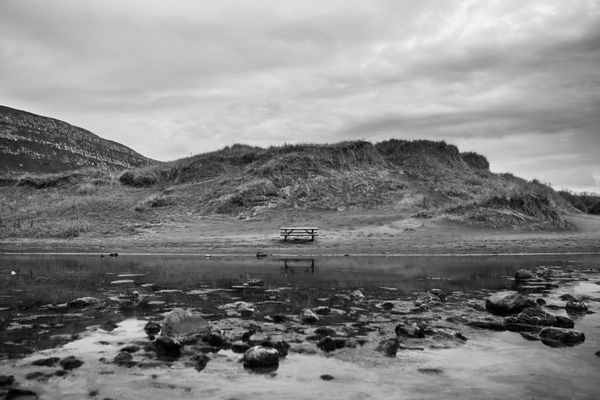Føroyar
-
Dates2018 - Ongoing
-
Author
- Location Faroe Islands, Faroe Islands
All the islands or archipelagos, as opposed to the continental areas, have something in common regardless of where they are: an enormous mass of water marks its borders unequivocally, establishing spatial limits unmovable in time, and isolating them from their neighbors. In small-scale island regions this phenomenon is accentuated, since all its inhabitants perceive the disproportionate contrast between land and water; generating a feeling of belonging to a limited universe, detached from the rest of the world. All this is aggravated, even more, when the islands are in a very remote location, and do not have the possibility or future expectation of connecting to the nearest continent via tunnel or bridge.
The archipelago of the Faroe Islands meets all these circumstances, among many others, becoming a particular case worthy of study. In essence, the Faroese face two options: stay in their homeland, and accept what that entails, or leave in search of new opportunities and a different lifestyle. The final choice of the Faroese, therefore, is existential. Those who endure the hardships of isolation, or on the other hand, those who enjoy the tranquility of what is to be a true ‘outpost’ of humanity, make up the culture of the islands, drawing and turning it into the type of society that is today.
The Faroese society stands out for its traditional nature, based on the strength of the Evangelical Lutheran Church, and a very particular demography: 50,000 inhabitants, living with 70,000 sheep. Precisely its name derives from the old Nordic term “Færeyjar”, which literally means “Islands of the Sheep”. The size of the archipelago and its small number of inhabitants, means that in the Faeroe Islands “everybody is known”, directly or indirectly. The pressure and social control exercised by the herd over the individual is enormous, as it is true that the successes are all known, the same way of knowing the errors and acts that deviate from the socially accepted.
A nation that is considered as a kind of tribe, in which community and family play a really important role. In Faroe, the weight of tradition is so excessive and rigid that - unable to stop the phenomenon of globalization - inevitably there are dilemmas and problems closely linked to homophobia, gender equality, or xenophobia.
Through the visual narrative of this project, we intend to show in a suggestive way what has been the vital issues in the Faroe Islands for centuries, as well as the new challenges it faces. Through a symbolic example: the fisherman who returns home - after several months on the high seas - will find an immutable society, which has remained stranded. In the same way and therefore, we portray the identity crisis suffered by young Faroese, and the exodus that these carry out in response to a set of customs and paradigms that no longer represent them.
